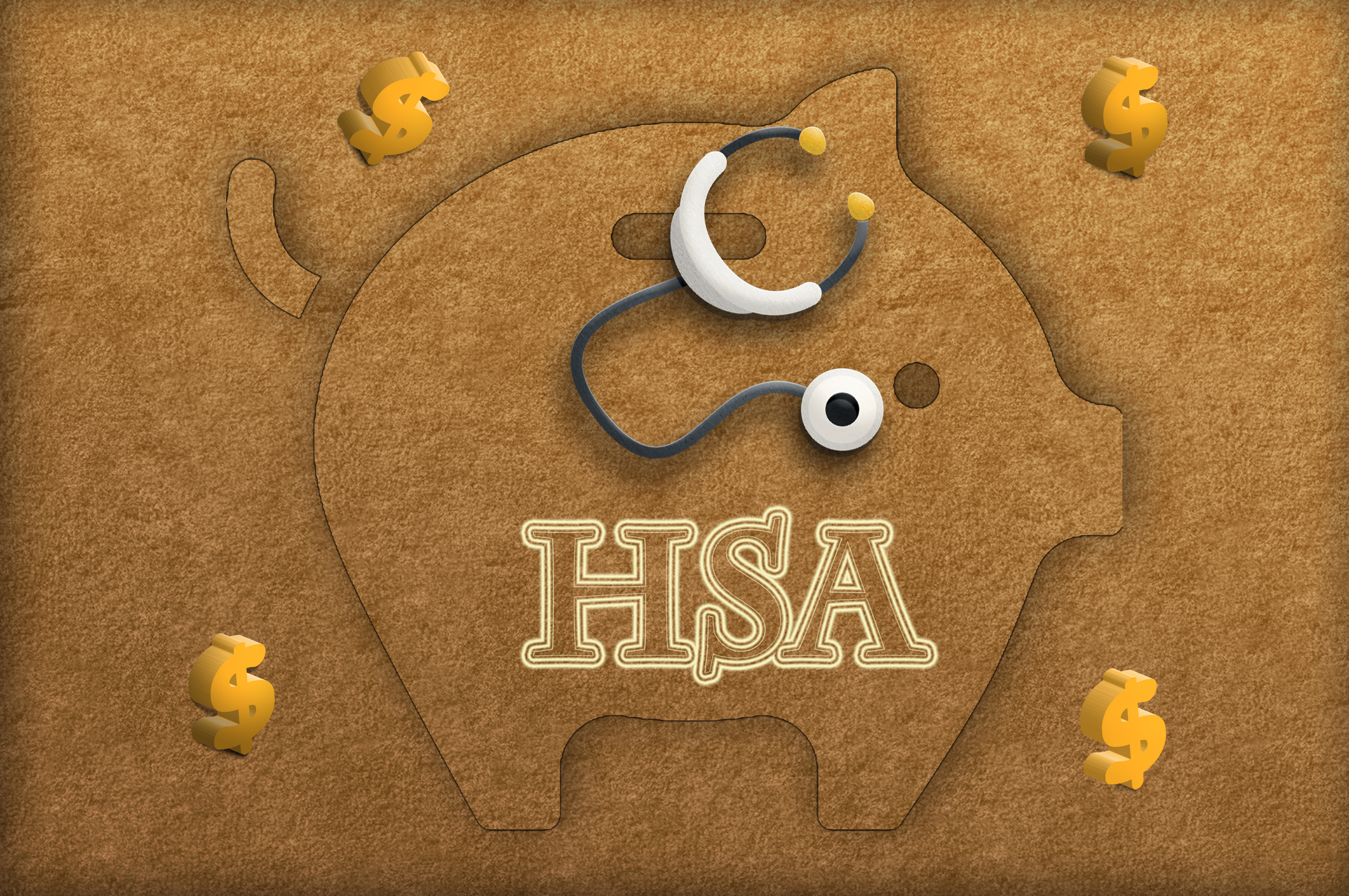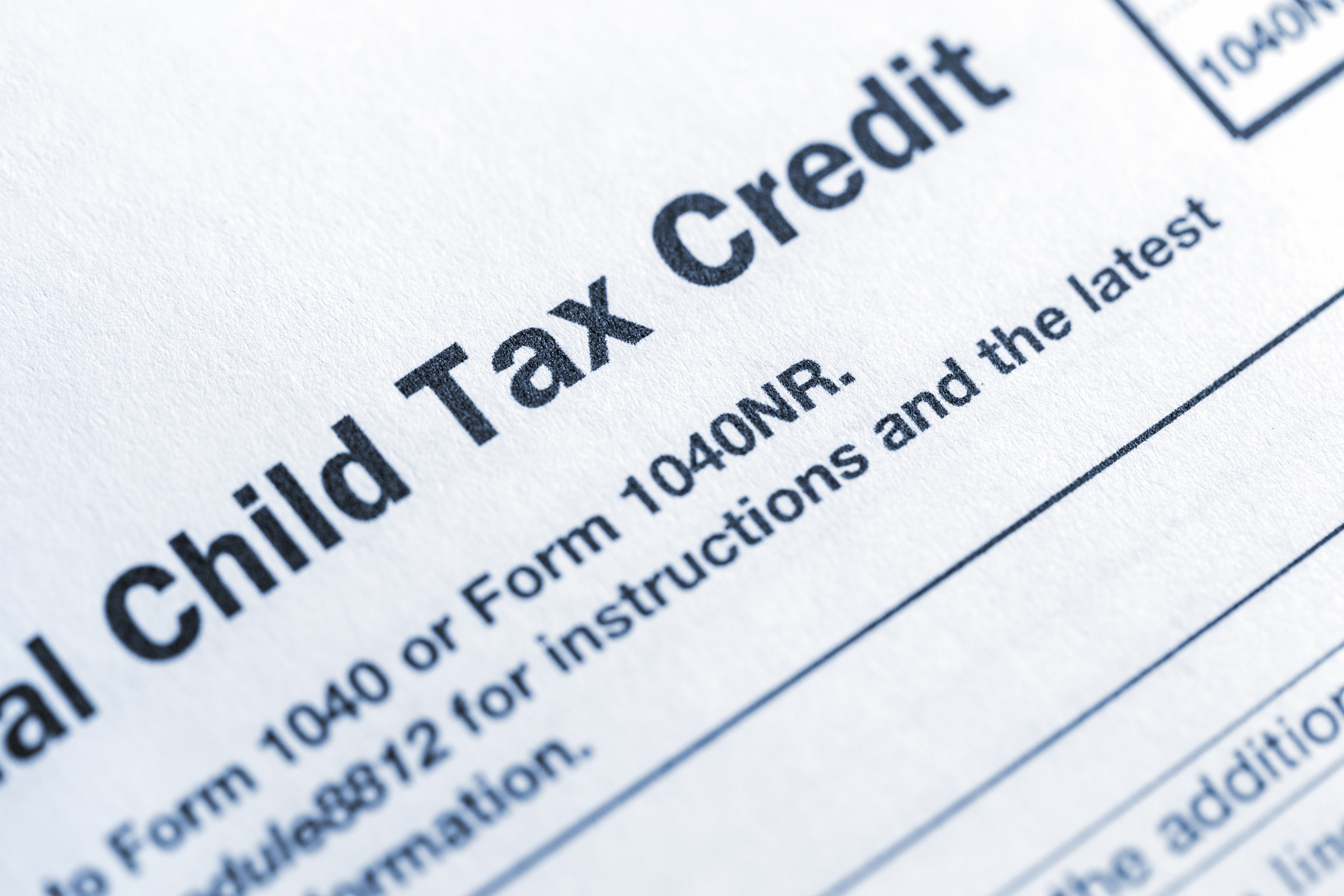New Rules for Tax-Free Spending From Your 529 College-Savings Plan
Computers not specifically required for attendance are back on the list, as well as printers and the cost of Internet access.

Profit and prosper with the best of Kiplinger's advice on investing, taxes, retirement, personal finance and much more. Delivered daily. Enter your email in the box and click Sign Me Up.
You are now subscribed
Your newsletter sign-up was successful
Want to add more newsletters?

Delivered daily
Kiplinger Today
Profit and prosper with the best of Kiplinger's advice on investing, taxes, retirement, personal finance and much more delivered daily. Smart money moves start here.

Sent five days a week
Kiplinger A Step Ahead
Get practical help to make better financial decisions in your everyday life, from spending to savings on top deals.

Delivered daily
Kiplinger Closing Bell
Get today's biggest financial and investing headlines delivered to your inbox every day the U.S. stock market is open.

Sent twice a week
Kiplinger Adviser Intel
Financial pros across the country share best practices and fresh tactics to preserve and grow your wealth.

Delivered weekly
Kiplinger Tax Tips
Trim your federal and state tax bills with practical tax-planning and tax-cutting strategies.

Sent twice a week
Kiplinger Retirement Tips
Your twice-a-week guide to planning and enjoying a financially secure and richly rewarding retirement

Sent bimonthly.
Kiplinger Adviser Angle
Insights for advisers, wealth managers and other financial professionals.

Sent twice a week
Kiplinger Investing Weekly
Your twice-a-week roundup of promising stocks, funds, companies and industries you should consider, ones you should avoid, and why.

Sent weekly for six weeks
Kiplinger Invest for Retirement
Your step-by-step six-part series on how to invest for retirement, from devising a successful strategy to exactly which investments to choose.
I hear there are new rules about using 529 money tax-free for computers. What are the rules, and what other expenses are fair game for using 529 money tax-free? What records do I need to keep?
Congress recently passed legislation that permits the tax-free use of 529 money for computers – both retroactively for 2015 and permanently for future years (see 12 Valuable Tax Breaks Congress Brought Back to Life). A computer had been an eligible expense for tax-free withdrawals from a 529 in 2009 and 2010, but for the past few years it was eligible for tax-free withdrawals only if the computer was required by the college for attendance. Now you can take tax-free withdrawals for a computer, printer, scanner and other peripheral equipment, education-related software (not games) and the cost of Internet access – whether or not it is required by the school. The college student must be the primary user of the computer and equipment.
You can also use 529 money tax-free for college tuition, room and board, fees and required books. "Most of the expenses related to taking classes count, but you can’t use it for transportation," says Mary Morris, chairman of the College Savings Foundation and CEO of the Virginia 529 College Savings Plan.
From just $107.88 $24.99 for Kiplinger Personal Finance
Become a smarter, better informed investor. Subscribe from just $107.88 $24.99, plus get up to 4 Special Issues

Sign up for Kiplinger’s Free Newsletters
Profit and prosper with the best of expert advice on investing, taxes, retirement, personal finance and more - straight to your e-mail.
Profit and prosper with the best of expert advice - straight to your e-mail.
You can even use 529 money tax-free for room and board if you live off-campus, as long as you're attending college at least half-time. Your actual expenses count, up to the amount the college specifies as the room and board figure in its cost of attendance for federal financial aid purposes (the cost is usually listed on the college's Web site, or ask the financial aid office).
You don't need to provide special documentation to your college savings plan administrator to withdraw money, but you do need to keep records of your expenses or the date and price of the purchases in your tax files. "If you're audited, you need to be able to establish that the 529 withdrawal was for qualified higher education expenses and that you have the records to match up with that," says Morris.
In years you make 529 withdrawals, you'll get a 1099-Q tax form from the plan administrator, usually by January 31 of the following year (although some may be delayed by a few weeks this year because of a technical change in how administrators report withdrawals, which was also included in the law signed in December). If the withdrawals were for eligible expenses, you don't need to do anything when you file your taxes – just keep the 1099-Q form and your receipts in your tax records. But if you use 529 money for any ineligible expenses, you'll have to pay taxes and a 10% penalty on the earnings withdrawn. The 1099-Q will specify which portion of the withdrawal is considered principal and which is earnings.
Profit and prosper with the best of Kiplinger's advice on investing, taxes, retirement, personal finance and much more. Delivered daily. Enter your email in the box and click Sign Me Up.

As the "Ask Kim" columnist for Kiplinger's Personal Finance, Lankford receives hundreds of personal finance questions from readers every month. She is the author of Rescue Your Financial Life (McGraw-Hill, 2003), The Insurance Maze: How You Can Save Money on Insurance -- and Still Get the Coverage You Need (Kaplan, 2006), Kiplinger's Ask Kim for Money Smart Solutions (Kaplan, 2007) and The Kiplinger/BBB Personal Finance Guide for Military Families. She is frequently featured as a financial expert on television and radio, including NBC's Today Show, CNN, CNBC and National Public Radio.
-
 Nasdaq Leads a Rocky Risk-On Rally: Stock Market Today
Nasdaq Leads a Rocky Risk-On Rally: Stock Market TodayAnother worrying bout of late-session weakness couldn't take down the main equity indexes on Wednesday.
-
 Quiz: Do You Know How to Avoid the "Medigap Trap?"
Quiz: Do You Know How to Avoid the "Medigap Trap?"Quiz Test your basic knowledge of the "Medigap Trap" in our quick quiz.
-
 5 Top Tax-Efficient Mutual Funds for Smarter Investing
5 Top Tax-Efficient Mutual Funds for Smarter InvestingMutual funds are many things, but "tax-friendly" usually isn't one of them. These are the exceptions.
-
 The 'Scrooge' Strategy: How to Turn Your Old Junk Into a Tax Deduction
The 'Scrooge' Strategy: How to Turn Your Old Junk Into a Tax DeductionTax Deductions We break down the IRS rules for non-cash charitable contributions. Plus, here's a handy checklist before you donate to charity this year.
-
 New IRS Changes to FSA Contribution Limits for 2026: What to Know
New IRS Changes to FSA Contribution Limits for 2026: What to KnowHealth Care Flexible Spending Accounts have tax advantages worth looking into, especially in light of new IRS changes.
-
 Is a New $25,000 Health Care Tax Deduction Coming in 2026?
Is a New $25,000 Health Care Tax Deduction Coming in 2026?Tax Policy A proposal from GOP Sen. Josh Hawley adds to the chatter about health care affordability.
-
 An HSA Sounds Great for Taxes: Here’s Why It Might Not Be Right for You
An HSA Sounds Great for Taxes: Here’s Why It Might Not Be Right for YouHealth Savings Even with the promise of ‘triple tax benefits,’ a health savings account might not be the best health plan option for everyone.
-
 Banks Are Sounding the Alarm About Stablecoins
Banks Are Sounding the Alarm About StablecoinsThe Kiplinger Letter The banking industry says stablecoins could have a negative impact on lending.
-
 How the 2025 Child Tax Credit Rules Impact Single Parents
How the 2025 Child Tax Credit Rules Impact Single ParentsTax Credits New changes to family tax credits, like the Child Tax Credit, will impact the eligibility of some households.
-
 Money for Your Kids? Three Ways Trump's ‘Big Beautiful Bill’ Impacts Your Child's Finances
Money for Your Kids? Three Ways Trump's ‘Big Beautiful Bill’ Impacts Your Child's FinancesTax Tips The Trump tax bill could help your child with future education and homebuying costs. Here’s how.
-
 Key 2025 Tax Changes for Parents in Trump's Megabill
Key 2025 Tax Changes for Parents in Trump's MegabillTax Changes Are you a parent? The so-called ‘One Big Beautiful Bill’ (OBBB) impacts several key tax incentives that can affect your family this year and beyond.